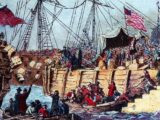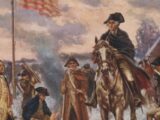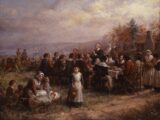The Courage and Sacrifice of Female Patriots
The American Revolutionary War, also known as the War of Independence, was not solely a tale of male valor and leadership. Women, though often overlooked in historical narratives, played crucial roles in shaping the destiny of the fledgling nation. These female patriots exhibited immense courage, resilience and ingenuity, contributing significantly to the American cause.
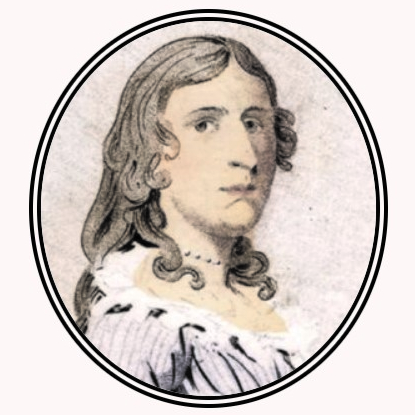
Deborah Sampson: The Female Soldier
Deborah Sampson is a striking example of a woman who defied societal norms by disguising herself as a man to fight in the Continental Army. Under the alias Robert Shurtliff, she enlisted in 1782 and served in the Light Infantry Company of the 4th Massachusetts Regiment. Deborah showed remarkable bravery, participating in several skirmishes and enduring injuries. Despite the risks of discovery, she maintained her disguise until she fell severely ill and her true identity was revealed. Honored for her service, Deborah Sampson became an emblem of female patriotism and dedication.
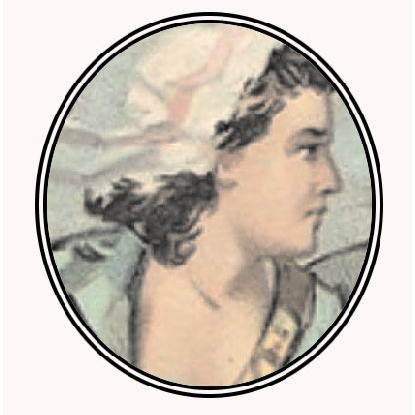
Molly Pitcher: The Battlefield Heroine
Molly Pitcher, a moniker for women who provided water to soldiers during battles, is personified by Mary Ludwig Hays. During the Battle of Monmouth in 1778, Mary took over her husband’s cannon after he collapsed from heatstroke, continuing to fire at British forces. Her fearless actions earned her the nickname “Molly Pitcher” and a lasting place in American Revolutionary folklore. Mary’s story symbolizes the critical support roles women played on the front lines, often under perilous conditions.
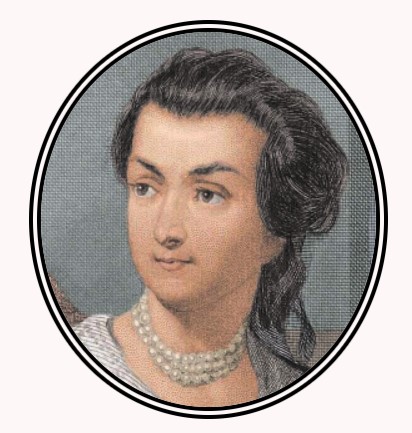
Abigail Adams: The Advocate and Advisor
Abigail Adams, wife of John Adams, the second President of the United States, was a pivotal figure whose influence extended beyond her role as a spouse. Through her extensive correspondence, she provided her husband with keen political insights and advocated for women’s rights. Abigail famously urged John to “remember the ladies” in the new laws, emphasizing the need for women’s inclusion in the political framework of the emerging nation. Her intellectual contributions and steadfast support were instrumental in shaping the ideological underpinnings of American independence.
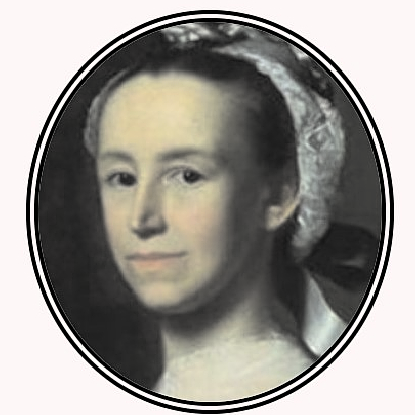
Mercy Otis Warren: The Revolutionary Writer
Mercy Otis Warren was a prolific writer and political thinker whose works galvanized public sentiment against British rule. Through her satirical plays, poems, and pamphlets, she criticized the British authorities and championed the cause of liberty. Mercy’s writings not only provided a powerful voice for the Patriot movement but also highlighted the intellectual prowess of women in the Revolutionary era. Her legacy as a literary force and political advocate remains a testament to the critical role of women in shaping public discourse.
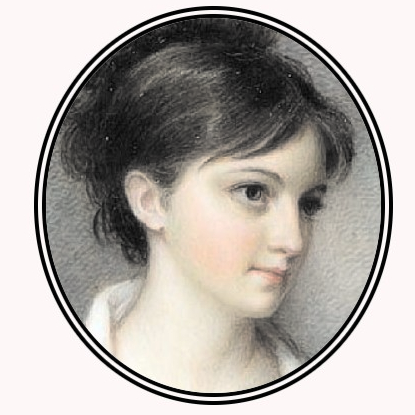
Sybil Ludington: The Teenage Paul Revere
Sybil Ludington, a sixteen-year-old girl, exhibited extraordinary bravery during the war. On the night of April 26, 1777, she rode forty miles through the countryside to alert Patriot forces of an impending British attack. Her ride, often compared to that of Paul Revere, was vital in mobilizing local militias to defend against the British incursion. Sybil’s courageous act demonstrated the pivotal role of young women in supporting the revolutionary cause through acts of valor and quick thinking.
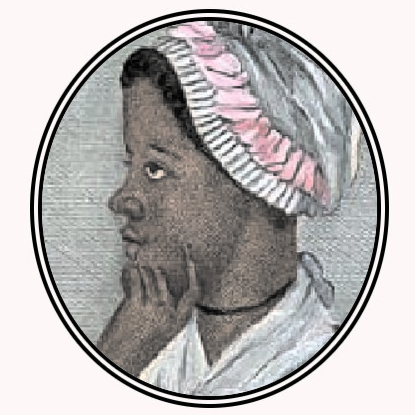
Phillis Wheatley: The Poet of Freedom
Phillis Wheatley, an enslaved African woman, used her literary talents to advocate for liberty and justice. Her poetry, which gained widespread acclaim, often intertwined themes of freedom and equality. Phillis’s works challenged the prevailing attitudes towards race and slavery, highlighting the universal quest for freedom that transcended social and racial boundaries. Her contributions as a poet and intellectual underscored the diverse voices that shaped the Revolutionary narrative.
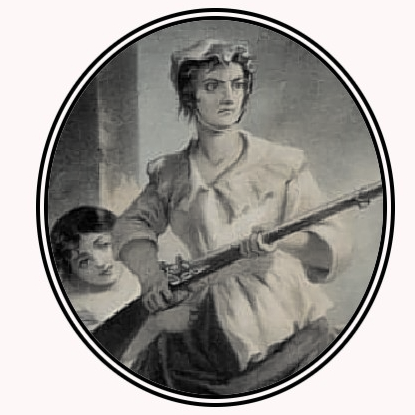
Nancy Hart: The Fearless Spy
Nancy Hart, known for her espionage activities, played a crucial role in gathering intelligence for the Patriot forces. Living in the Georgia frontier, she used her cunning and resourcefulness to spy on British troops and Loyalist sympathizers. Nancy’s most famous exploit involved capturing a group of British soldiers who had invaded her home, demonstrating her fearlessness and tactical acumen. Her actions exemplified the indispensable contributions of women in intelligence and guerrilla warfare.
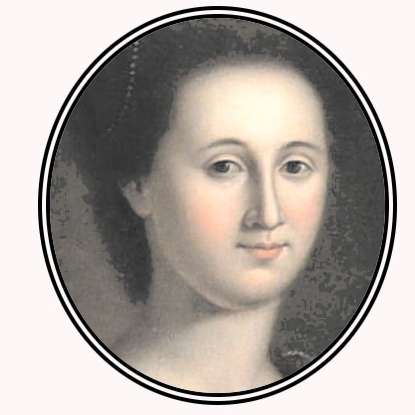
Catherine Moore Barry: The Strategic Scout
Catherine Moore Barry, often called “Kate,” was a skilled scout and messenger for the Patriot forces. Her intimate knowledge of the South Carolina terrain proved invaluable during the Battle of Cowpens in 1781. Kate’s efforts in rallying local militia and guiding Continental Army troops to strategic positions contributed significantly to the American victory. Her dedication and strategic prowess highlighted the critical support roles women played in military operations.
Conclusion
The women heroines of the Revolutionary War were integral to the American fight for independence. Their stories of bravery, intelligence, and resilience offer a fuller understanding of the diverse contributions that shaped the nation’s history. From the battlefields to the political arena, these female patriots left an indelible mark on the quest for freedom, embodying the spirit of the American Revolution. Their legacies continue to inspire and remind us of the vital role women have played in shaping the course of history.
Brought to you by Vacation Liberty School of Georgetown Texas
www.vacationlibertyschool.org
